Timing is everything
You know you should floss after meals and that it makes sense to try get to bed by 10 or 11 p.m. (if you aren’t working a night shift or have another reason to stay up late). But there are plenty of healthy habits that can do even more for you if you time them right. (For example, check out how your meal timing could affect your weight.) We asked the experts for the best times of day to perform health-promoting tasks—here’s what they have to say about how to schedule your life.

Have a cavity filled in the afternoon
Nervous about having pain during a dental procedure? Make your appointment for after lunch. Your sensitivity to pain varies throughout the day with your highest levels of sensitivity in the middle of the night and your lowest pain levels in the afternoon, according to a study published in the journal PLOS: Computational Biology. (Find out some more secrets to make the best of your next doctor’s appointment.)
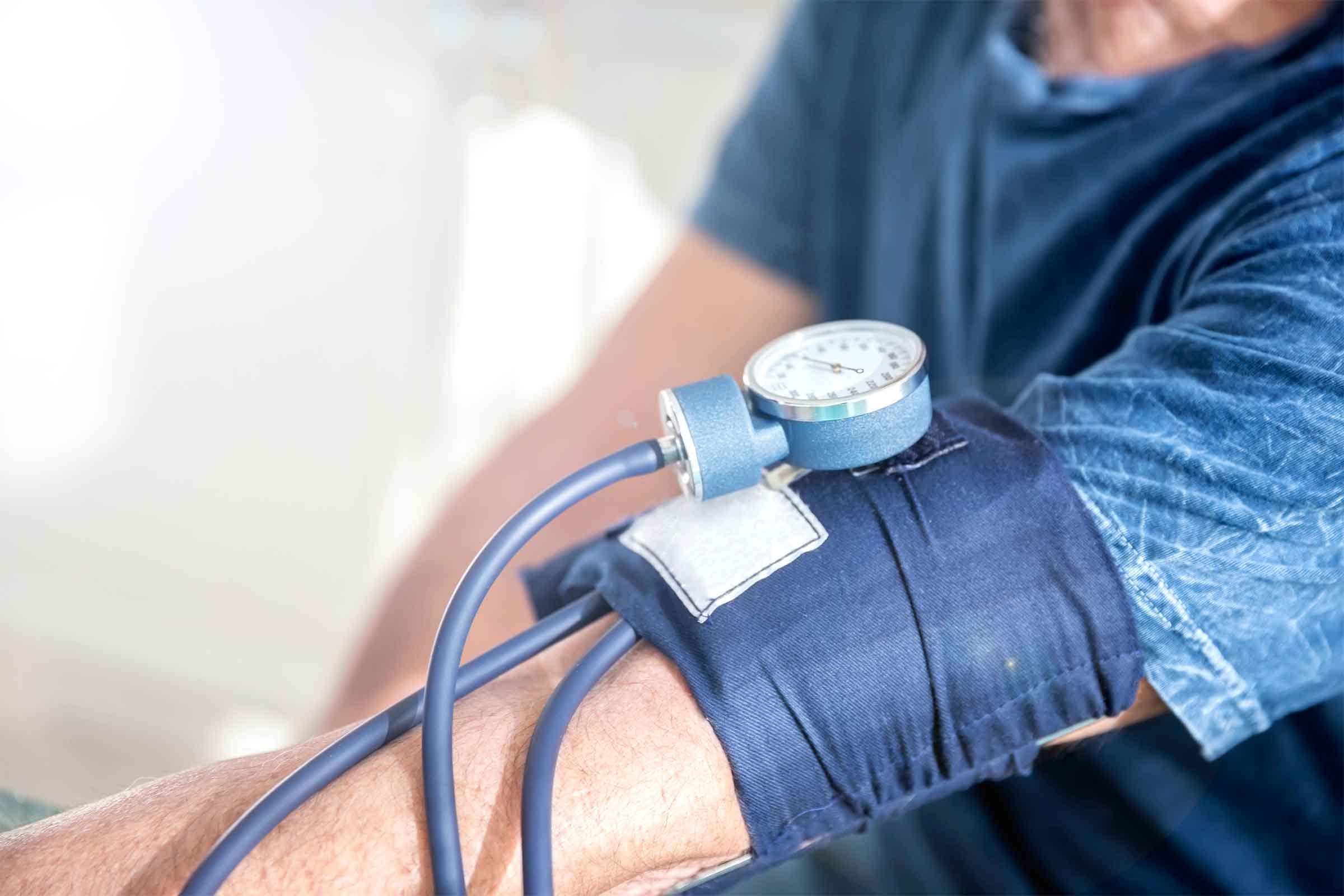
Check your blood pressure in the morning and at night
As a general rule, blood pressure fluctuates throughout the day—it hits its lowest point around bedtime and it’s highest when you wake in the morning, says J. David Glass, PhD, a circadian biologist at Kent State University. If you’re keeping an eye on your blood pressure to help your doctor decide whether you need medication, you could get an inaccurate picture by taking your reading just once a day. “If you’re measuring it yourself, it’s best to do it in the morning and evening,” Glass says. “Be sure to do it at the same times each day—don’t bounce around.” Taking the two readings could make the difference between your doctor prescribing blood pressure drugs and advising you to stick with diet and exercise, he says.
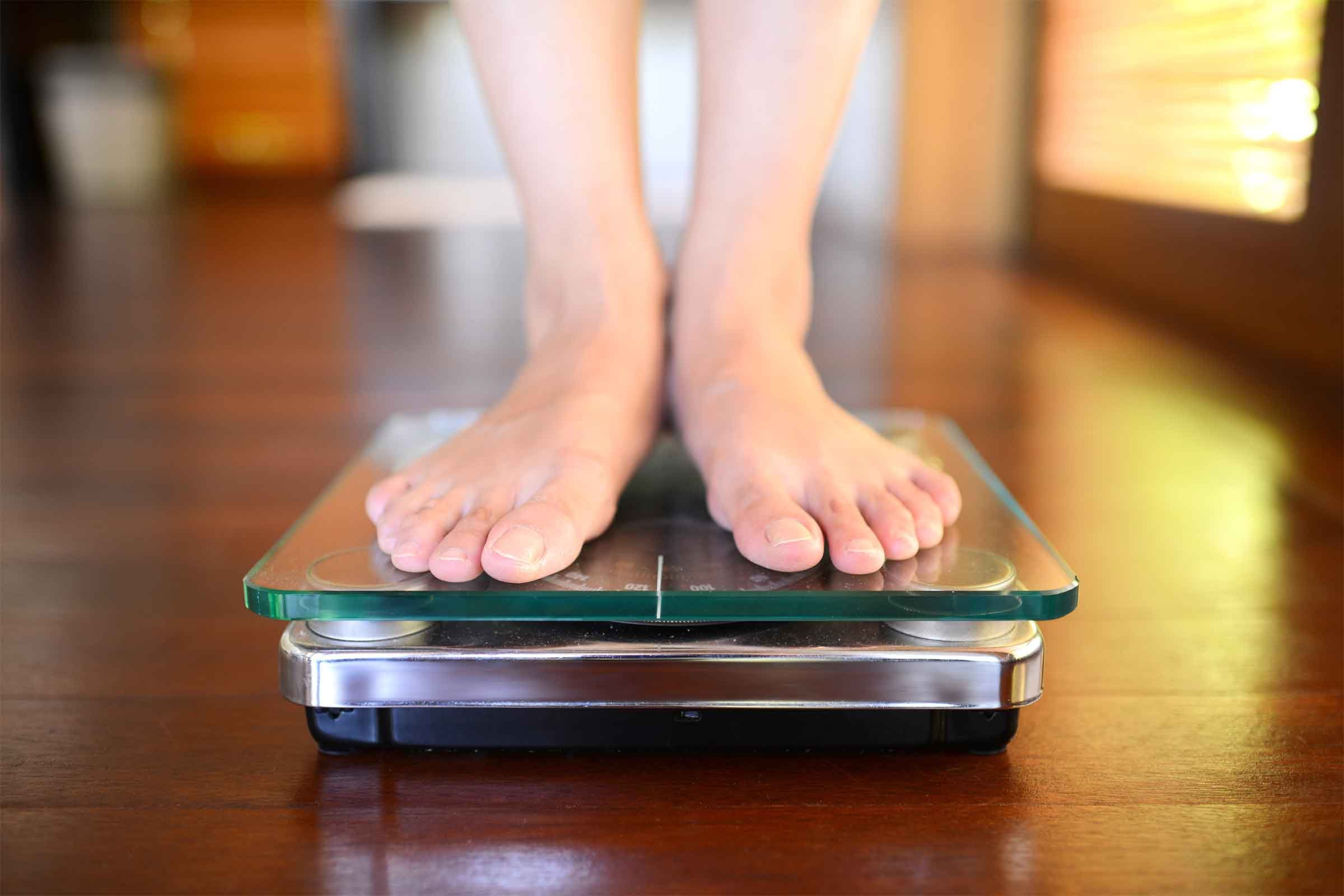
Weigh yourself on Friday and Monday
Trying to lose weight? Experts recommend regularly weighing yourself to track your progress and help keep you accountable. It’s such a powerful tool that over 75 percent of people on the National Weight Control Registry, who have lost at least 30 pounds and kept it off for over a year, say they weigh themselves at least once a week. But what time of the week is best? Dieters tend to splurge on weekends, which can throw weight loss off track but setting a weekend weigh-in may help combat that, according to a study published in Obesity. Weighing yourself first thing in the morning, when your weight is lowest, provides positive feedback that can blunt the temptation to overeat, says lead study author Susan Racette, PhD. and professor at the Washington University School of Medicine in St. Louis. And getting back on the scale on Monday can help you correct your course quickly if you’ve strayed, she says. Also, find out what the best time of day to weigh yourself is.

Eat dinner earlier
Your circadian rhythms help control daily functions like waking, sleeping, and eating and the more you depart from what your body naturally wants to do, the worse it is for your health. When it comes to mealtimes, eating dinner earlier aligns with your natural circadian rhythms and you’ll feel more sated and less likely to overeat later, according to a study published in Obesity. Researchers found that eating when you would normally be sleeping (i.e. at night) gained more than twice as much weight as people who ate earlier in the day. “If you think you’re doing everything right with your diet but you’re not losing, try having dinner an hour earlier,” says lead study author Deanna Arble, PhD, a neuroscientist at Northwestern University. “It won’t hurt, and it might help.”
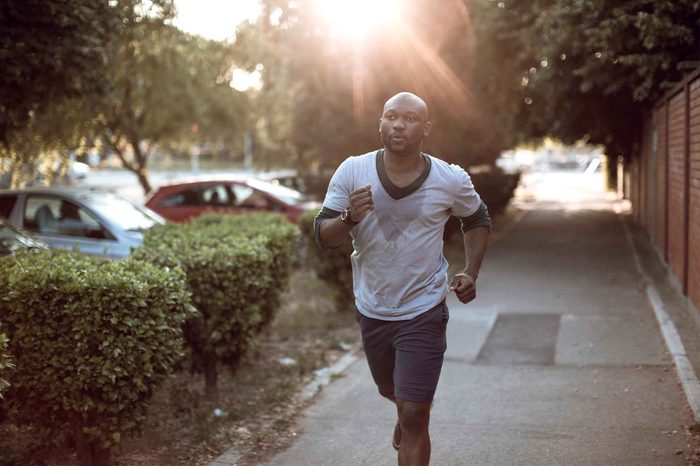
Exercise in the morning
Exercising first thing in the morning has multiple benefits, says Anthony Hackney, PhD, a professor of exercise and sports nutrition at the University of North Carolina Chapel Hill, and author of multiple studies on the impact of exercise. Commit to an a.m. sweat and you’ll be less hungry throughout the day, more likely to go to bed earlier, more productive at work, and in a happier mood, he says. As a happy bonus, you’ll be more likely to lose weight and your body burns more fat during fasted morning workouts, he adds.
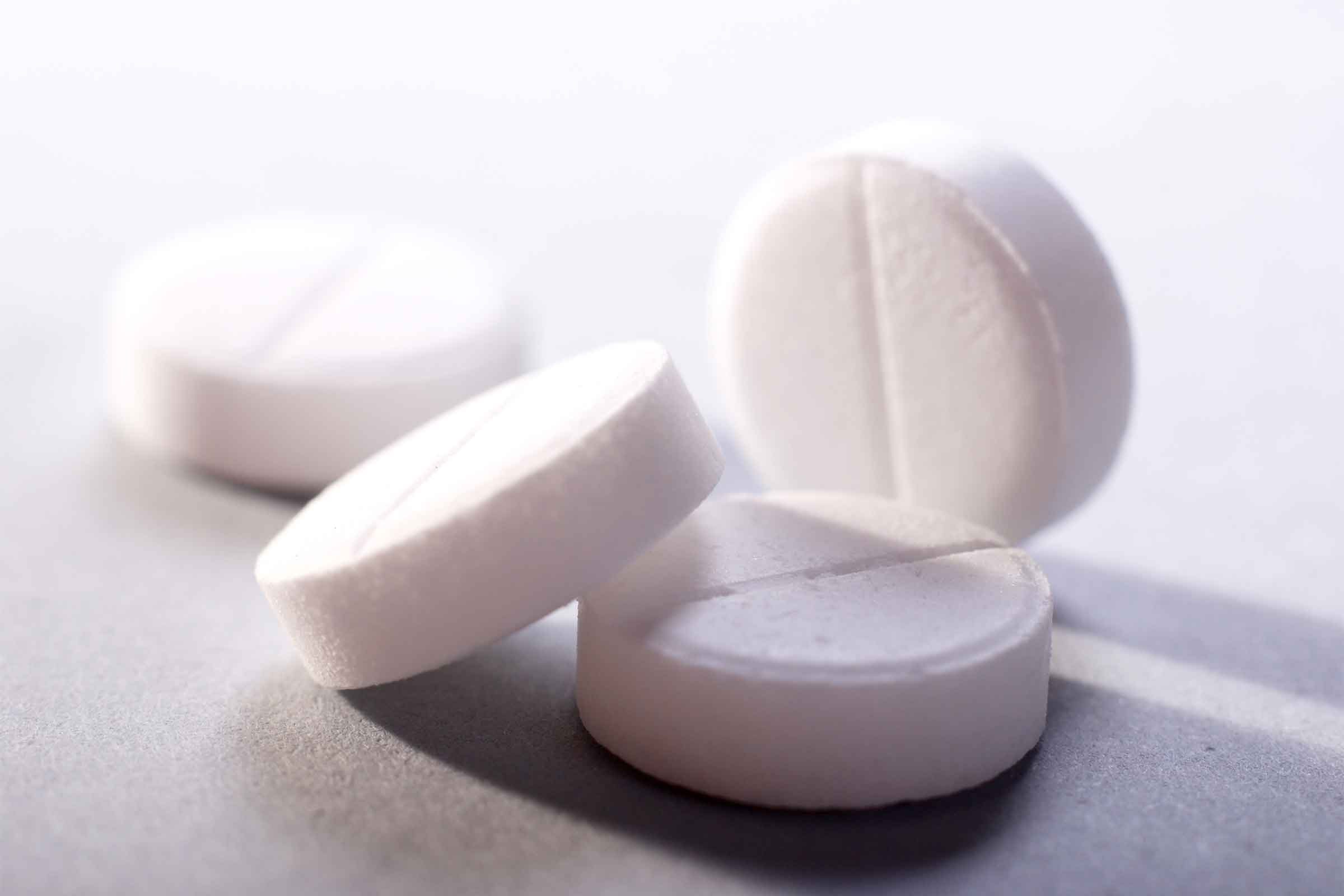
Take blood pressure medicines in the evening
People who are on medication for high blood pressure have better controlled blood pressure and a lower risk of death or illness caused by heart or blood vessel problems when they take all of their meds at bedtime rather than in the morning or spread out throughout the day, according to a study published in the European Heart Journal.
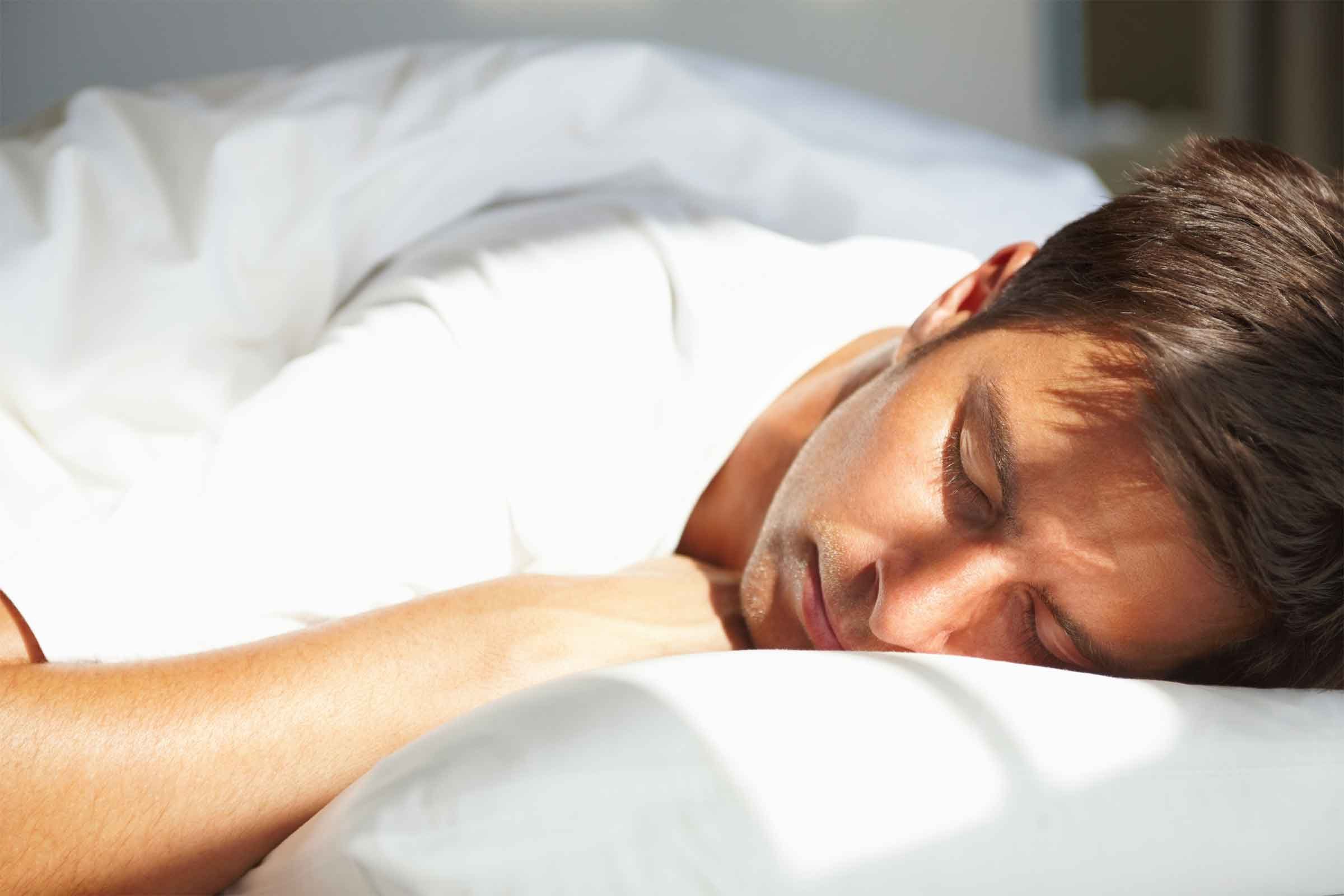
Get an extra hour of sleep next time you set the clock ahead
Nothing says spring is coming like the hour of sunlight you gain when daylight saving time begins—but your heart might pay for that pleasure, according to a study published in the Journal of the American College of Cardiology. Researchers found a 34 percent increase in heart attacks during the first week of daylight saving time, probably because of the loss of sleep and the disruption of bodily cycles. Next year, it may be beneficial to get to bed earlier on the night you switch your clock. (Find out the things sleep doctors never do during daylight savings.)

Get tested for asthma in the morning
Airways naturally become more constricted and inflamed in the dead of night (between 2 and 5 a.m.), so asthma attacks are most likely to strike then, says Michael Smolensky, PhD, a professor of biomedical engineering at the University of Texas at Austin. “If you go to your doctor first thing in the morning, you’re likely to have a diagnostic test that’s most representative of your condition when it’s at its worst,” he says. (Your doctor may also ask you to use a peak flow meter at home so you can test yourself at your wheeziest.) Because women are most prone to severe asthma flare-ups on the days before their period, that’s also a good time to monitor symptoms and keep meds handy. Concepts like cycle syncing can help ease period symptoms. (Here are some more things healthy people do before 10 a.m.)
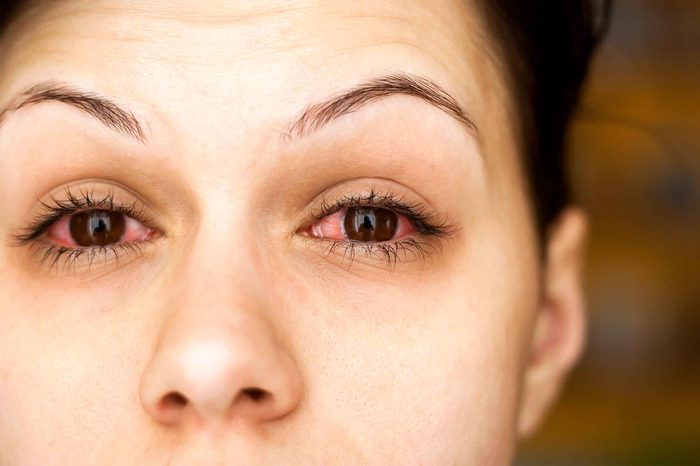
Take allergy medication in the evening
Hay fever symptoms such as a runny nose, scratchy throat, and sneezing typically are at their worst in the morning so it makes sense to take your allergy medication at bedtime, says Richard Martin, MD, a professor emeritus at National Jewish Health in Denver. Talk to your doctor about which medications are right for you as some allergy meds can have stimulating effects.

Sit by a window at breakfast
Getting some sunshine on your face first thing in the morning is one of the best things you can do for your health. Morning exposure to bright light helps sync up your body clock to the world around you, helping you to maintain a healthy body weight and sleep cycle, according to a study published in Sleep. “These results emphasize the importance of getting the majority of your exposure to moderate or higher intensity light during the morning,” says study co-author Ivy N. Mason, PhD, a post-doctoral research fellow at Harvard Medical School. (Speaking of breakfast, the best time of the day to drink coffee might surprise you.)
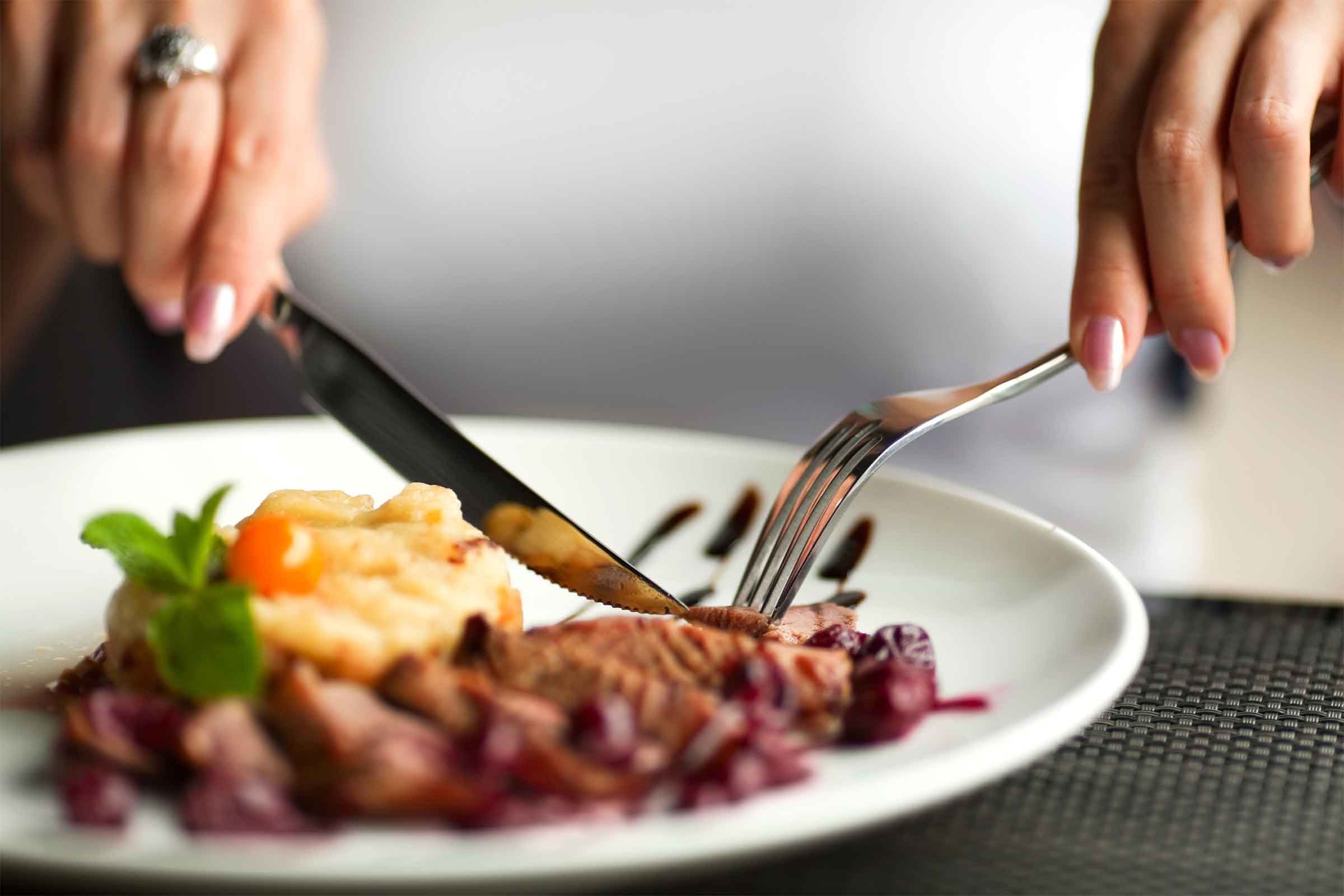
Put down your fork at least three hours before bedtime
To maintain a healthy weight, sleep better, and reduce heartburn it’s best to not eat close to bedtime, Dr. Arble says. Late-night snacks can interfere with your circadian rhythms, reducing your ability to burn fat and possibly making it harder to fall asleep, she says. This is especially true for people prone to heartburn as laying down immediately after eating can cause stomach acid to rise.

Arrive in a new time zone early in the morning
Jet lag is a real problem for travelers but timing your flights can help reduce the impact of changing time zones, says Jamie Zeitzer, PhD, an associate professor of sleep medicine at the Wu Tsai Neurosciences Institute at Stanford University. If you’re traveling east: Having the morning light on your face as you leave the airport can help reset your clock to the new time, he says. If you’re traveling west, try to arrive in the evening. Whichever direction you’ve traveled, to help you adjust faster take a 3 mg dose of melatonin shortly before bedtime on your first night in the new time zone, Dr. Glass says. Find out some more healthy habits from every type of doctor.
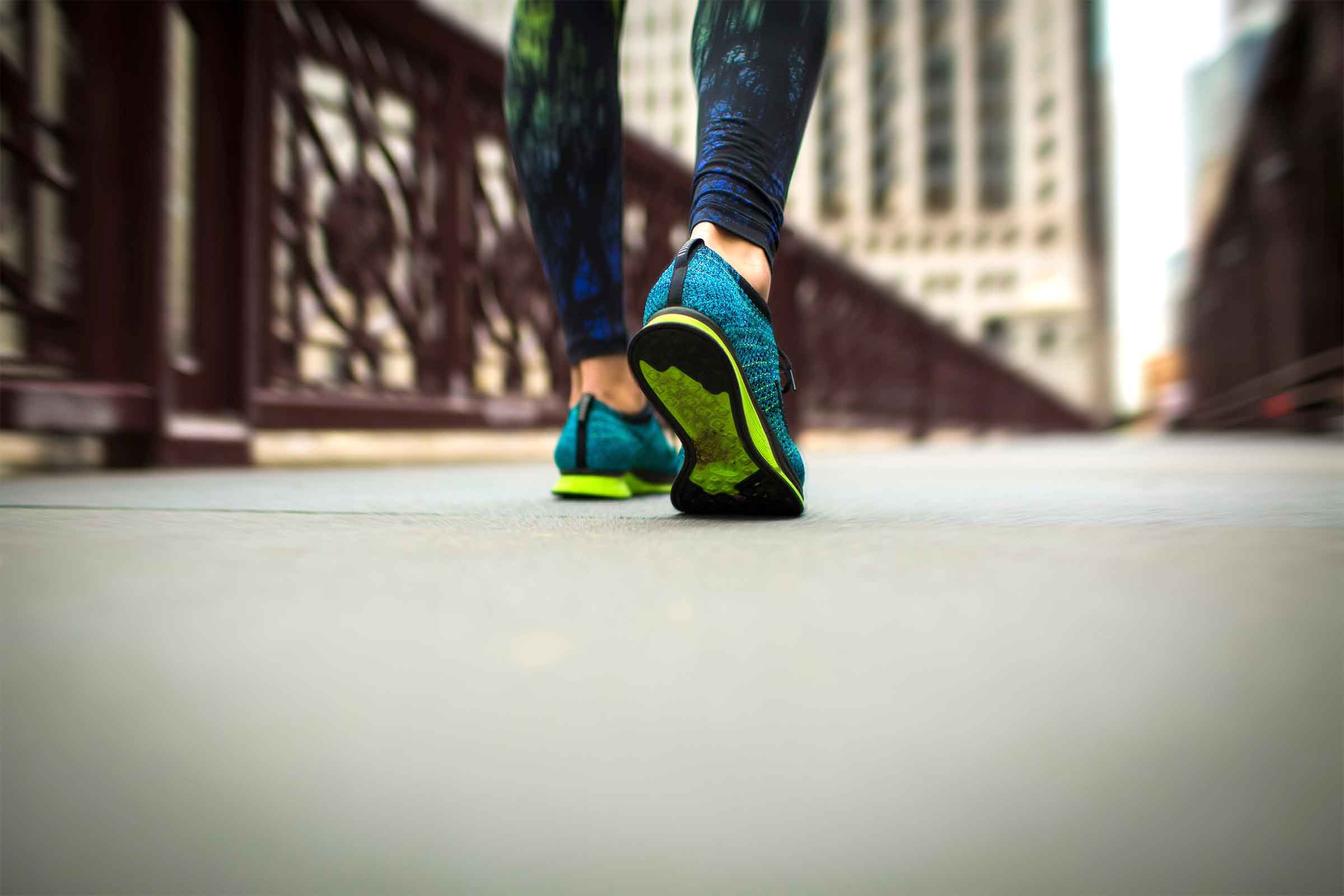
Go for walks in the evening
Taking a walk outdoors is a great idea any time of day but if you want to optimize your health benefits, consider timing your walk based on your goals. If your goal is to lose weight then stick to morning walks, Dr. Hackney says. However, an after-dinner walk is ideal for lowering blood pressure, controlling blood sugar, and reducing stress, he says.
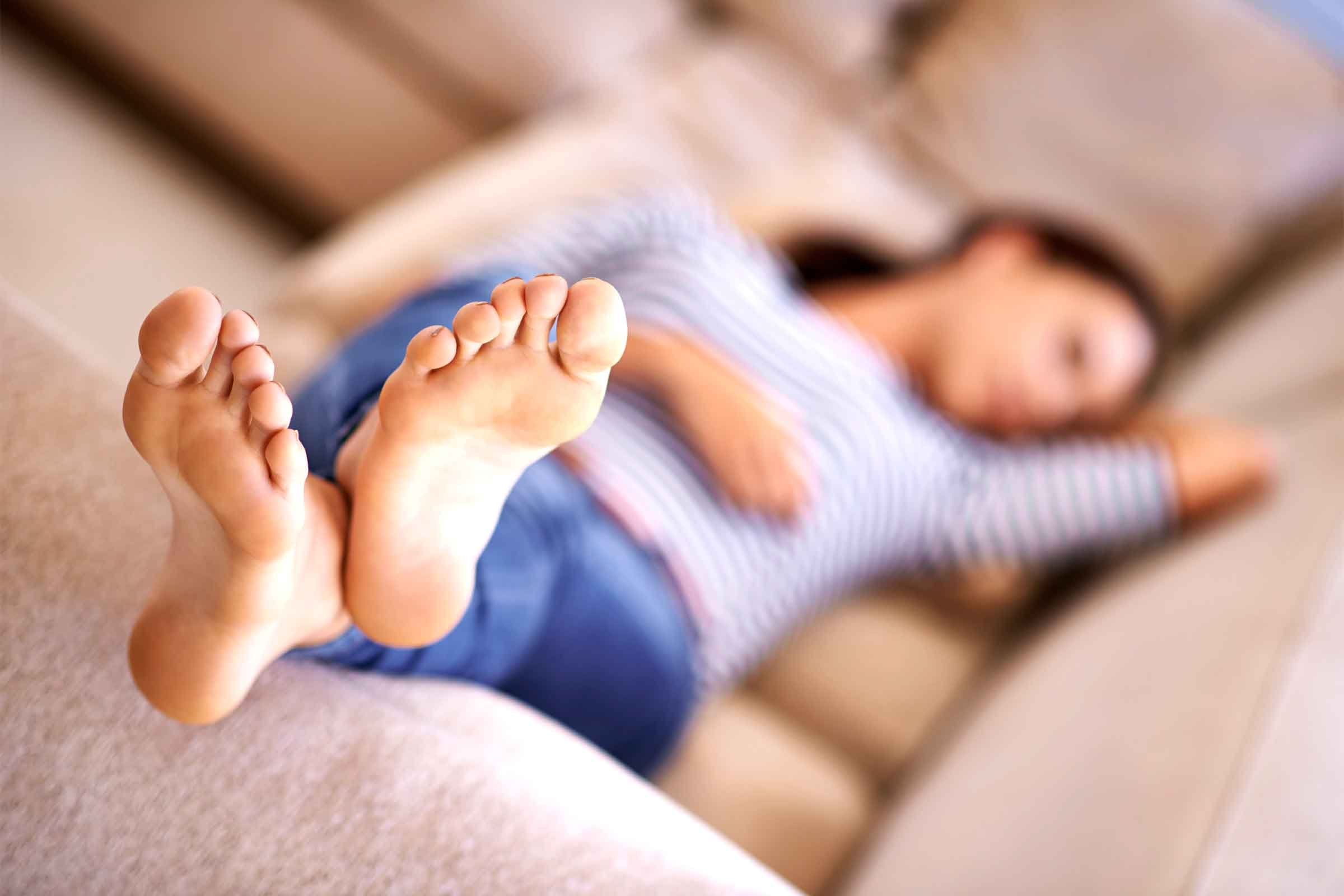
Take a nap in the early afternoon
That familiar post-lunch fuzzy feeling doesn’t necessarily mean that you ate too much. Rather, it just means that you hit a biological soft spot in your alertness cycle in the early afternoon, so it’s a good time to snag a nap, Dr. Zeitzer says. It’s best to keep it short so it doesn’t interfere with your bedtime, aim for a 20-30 minute power nap. Next, find out what healthy people do during the last ten minutes of their day.